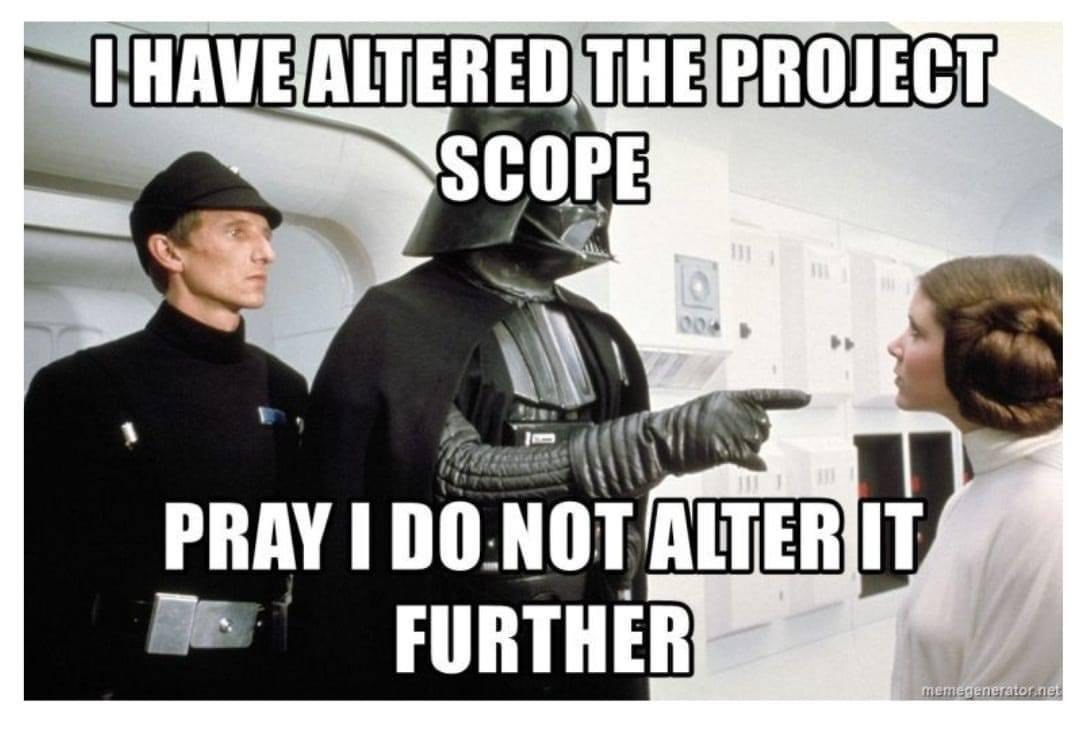TS is “better” but often I feel like just configuring typescript takes up a significant amount of the time you save by using it.
Just as JetBrains is not representative of every dev, neither are LSPs. Some developers want a specialized IDE for their language(s), some want a highly customized editor with their language servers. As long as you efficiently produce code that works, who cares what other people use?
I can’t imagine anyone but a total novice disagreeing with this.
I can understand finding pointers hard at first, but I can absolutely not understand trying to argue that they aren’t useful.
“Sorry, our unbelievably massive military budget is only for active duty military. Best we can do is schedule you an appointment to talk to someone next year about the benefits you won’t be receiving.”
“If a student uses the college search tool on CB.org, the student can add a GPA and SAT score range to the search filters. Those values are passed [to Facebook]”
So they don’t associate your official score to your browser, but presumably students who are using that search tool would be searching their real score - or a range close to it.
The headline is fairly leading, but the statement from the College Board is also fairly misleading. They’re not directly selling your official score to advertisers, but they’re indirectly selling data about you that gives a pretty good idea of your score.
Notice the “up to” in their offer. It’s likely commission based and inflated numbers to lure the developer into doing it - to trick them into thinking exactly what you’ve said here.
I’d imagine what they actually pay out after you cave is significantly lower, only then you’ve already sold out your users so you might as well leave their tracking in there.
"To get a base salary of $170k you know you need to work hard as an Engineer, this sucks."
As someone who has worked as a UPS driver and now as a software developer, I can say that the UPS drivers definitely work harder than your average engineer.
That quote is also deftly ignoring the fact that you’re generally paid for the value you generate, not how hard to you work.
The combat is fairly challenging - it’s easy for one or two bad moves (or bad luck) to kill your whole party in a battle. It also takes a bit to learn the combat system if you haven’t played D&D.
That being said, I love it. Once you get the basics of combat down and get used to playing carefully, it’s a lot of fun and you get to build out the character that you think is both effective and just cool - and there’s probably a way for you to succeed with whatever build you end up making.
If you don’t love turn based combat I’ll say that it will probably feel very dense at first. You end up with 4 different characters with different strengths and weaknesses and each with a bunch of different abilities that have different rules for when and how often you can use them. Turn based means you get the time to make an educated decision about what you want to do next, but it’s a lot of information to juggle.
My favorite approach I’ve seen is just units of time -“this task will take a few [days/weeks/months/years]”.
No specific number. Instead, the scale of the task is measured in one of those units and I can give you an estimate but it’s just a guess.
If it’s task that might take “a few days”, it could be done tomorrow or it could take 5 days. If it’s one that takes “a few weeks”, it might be done next week or maybe next month.
I love that song!

That’s because it makes sense when dynamically creating HTML. HTML is not a programming language, it’s simply markup - so if you want to generate some block of HTML in a loop and later access that block of HTML in JS (e.g. to interact with the UI separate from creating it in the first place), it’s a completely reasonable thing to do.